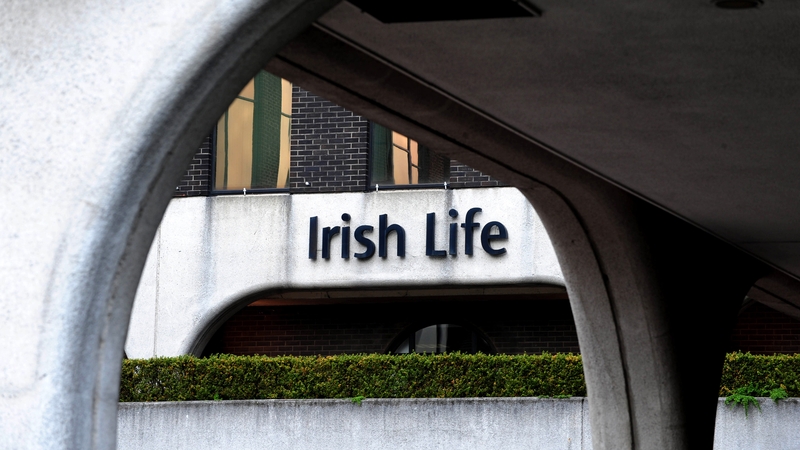Europe's highest court has ruled that the then-government was entitled to take a €4 billion stake in Irish Life and Permanent Group (ILPG) in 2011 against the wishes of its shareholders.
The European Court of Justice has found that a member state was entitled to take action against the wishes of shareholders if there was a "serious disturbance" of the economy and of the financial stability of the EU as a whole.
The case had been taken to the High Court by a group of shareholders named as Gerard Dowling, Padraig McManus, Piotr Skoczylas, and Malta-based firm Scotchstone Capital Fund Limited.
They had sued the government for loss of earnings after the State took a €4bn stake in the banking and insurance group under the terms of Ireland's EU/IMF bailout.
In August 2014 the High Court found that the government was, on the balance of probability, correct in law in taking action to nationalise ILPG.
However, it was referred to the European Court of Justice in Luxembourg to assess whether, as the applicants claimed, the move had contravened EU company law, which provides protections for shareholders and creditors.
Today the ECJ ruled that while there was a clear public interest in ensuring a strong and consistent protection of shareholders and creditors, that interest did not prevail in all circumstances over the public interest in ensuring the stability of the financial system.
Here's the full ECJ judgement on the Dowling / Irish LIfe case https://t.co/xDjjrHd4ty
— Tony Connelly (@tconnellyRTE) November 8, 2016
The court heard that the economic crisis in Ireland in 2008 had had serious effects on the financial stability of both the Irish banks and economy.
By December 2010 the government and the European Commission had concluded an agreement on a financial rescue programme.
On the basis of the agreement, Ireland in turn undertook to restructure and recapitalise the banking sector by July 2011.
That included Irish Life and Permanent.
However, on 20 July 2011 a general meeting of IPLG shareholders rejected a government proposals to recapitalise the company.
Minister for Finance Michael Noonan then obtained a Direction Order from the Irish courts which required ILPG to issue new shares to the minister in return for a capital injection of €2.7bn.
That meant the State was taking a 99.2% stake in the company.
The government later increased its stake by €1.3bn, raising its overall intervention to €4bn.
Shareholders then appealed to the High Court to set aside the Direction Order on the grounds that the increase in share capital was incompatible with an EU directive, as it had been done without the approval of the general meeting of the IPLG.
The court heard that at the time Mr Noonan had rejected the argument, insisting that the EU financial rescue, and other provisions of EU law, had authorised Ireland to take measures necessary to defend the integrity of its own financial system.
The ECJ heard that the High Court had concluded that, on the balance of probabilities, ILPG could not have raised the required amount of capital on its own.
As such that would have led to the collapse of the bank, which in turn would have had adverse consequences for the Irish economy, and would have worsened the threat to the financial stability of other member states, and of the EU as a whole.
The ECJ stated that once shareholders had rejected the proposed recapitalisation, the Direction Order obtained by the Minister for Finance was the only way of ensuring the bank would have been salvaged by 31 July 2011, something that was necessary to prevent the bank's collapse, and thereby forestall a serious threat to the financial stability of the EU.
The court acknowledged that the EU directive in question was to ensure the minimum equivalent protection for both shareholders and creditors of public limited liability companies.
The measures provided in the directive relating to the formation of public limited liability companies and to their capital levels, guaranteed protection against acts taken by the companies' governing bodies and related, therefore, to their normal operation.
The court stated, however, that the Direction Order was an exceptional measure, one adopted in a situation where there was a serious disturbance of the economy and financial system of a Member State.
It was designed, the court ruled, to overcome a systemic threat to the financial stability of the EU.
The court stated that, although there was a clear public interest in ensuring a strong and consistent protection of shareholders and creditors throughout the EU, that interest could be held to prevail in all circumstances over the public interest in ensuring the stability of the financial system established by the EU Treaties.
